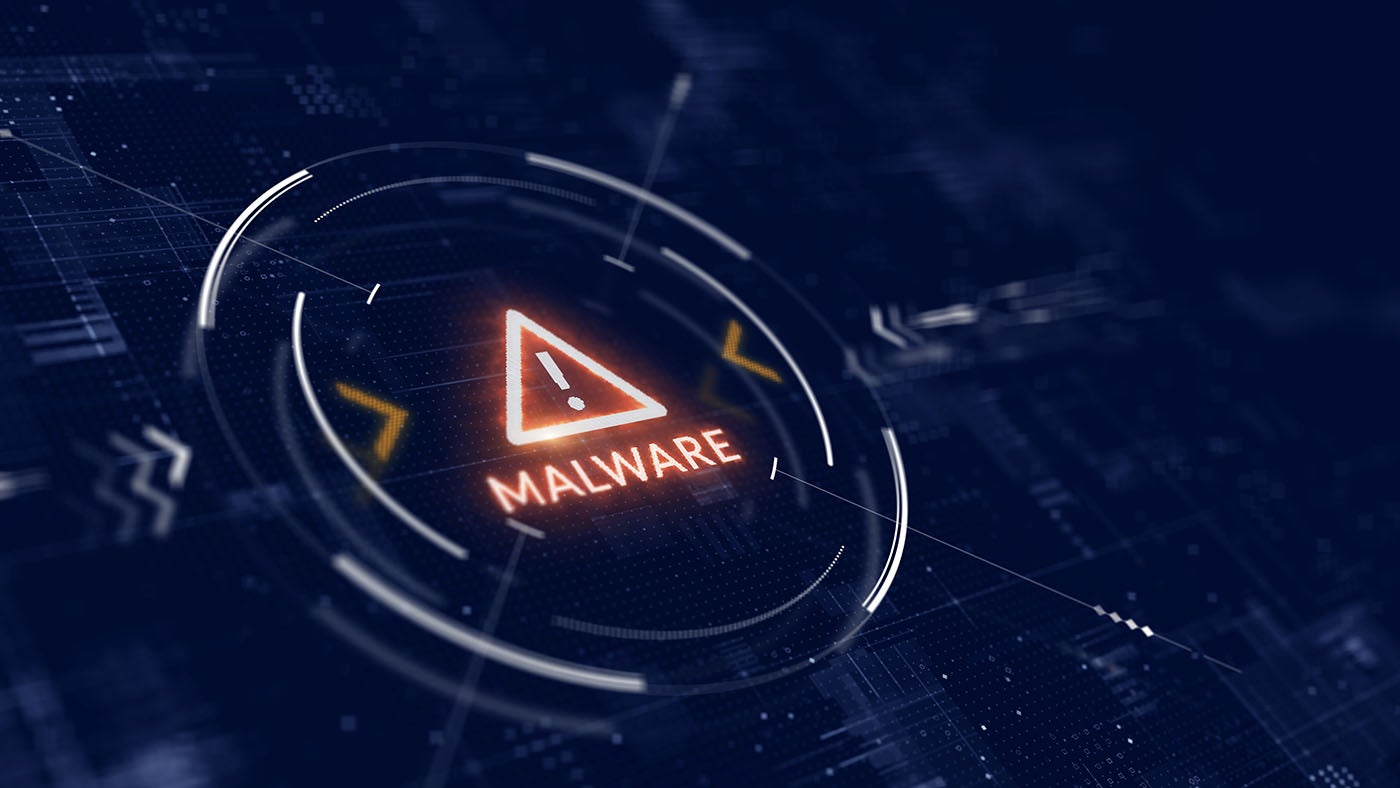Condobloke
Well-Known Member
This article should be of interest to all Linux users...regardless of their experience, or lack of, with Linux

 www.techrepublic.com
www.techrepublic.com
This article explicitly states:
The malware was developed to target Windows operating systems.
The section re the targeting of specific Browsers is of interest....the list is quite long.
Does the question of Virtual Machines play any part?...ie can the malware cross from the VM (windows) to the host (Linux) and make a mess of the browser in use there ?
If not....why not ?
 www.techrepublic.com
www.techrepublic.com

 security.stackexchange.com
security.stackexchange.com

 tech.co
tech.co
In your VM, Windows) what security measures do you have in place to stop things such as Meduza Stealer from thieving your data, browser data,
Do the browsers used in Linux have protection to thwart Meduza.....if it does, what is it, what form does it take, does Linux's inherent security protection, take care of the browsers in use ?

Malware Targets Browser Variants, Crypto Wallets & Password Managers
The new Meduza Stealer malware targets 19 password managers, 76 crypto wallets and 97 browser variants. Discover more about the malware.
This article explicitly states:
The malware was developed to target Windows operating systems.
The section re the targeting of specific Browsers is of interest....the list is quite long.
Does the question of Virtual Machines play any part?...ie can the malware cross from the VM (windows) to the host (Linux) and make a mess of the browser in use there ?
If not....why not ?
Does running an OS inside a VM on that same OS provide security? | TechRepublic
Does running you OS within a virtual machine inside that OS provide any extra security? Does it insulate the host OS and hardware from an attack? Does it
How secure are virtual machines really? False sense of security?
I was reading this CompTIA Security+ SYO-201 book, and the author David Prowse claims that: Whichever VM you select, the VM cannot cross the software boundaries set in place. For example, a vi...

The Most Secure OS: What is the Safest OS Available?
We run through the security features, mechanisms, and protocols provided by ChromeOS, Linux, macOS, and Windows, as well as iOS and Android.
In your VM, Windows) what security measures do you have in place to stop things such as Meduza Stealer from thieving your data, browser data,
Do the browsers used in Linux have protection to thwart Meduza.....if it does, what is it, what form does it take, does Linux's inherent security protection, take care of the browsers in use ?




